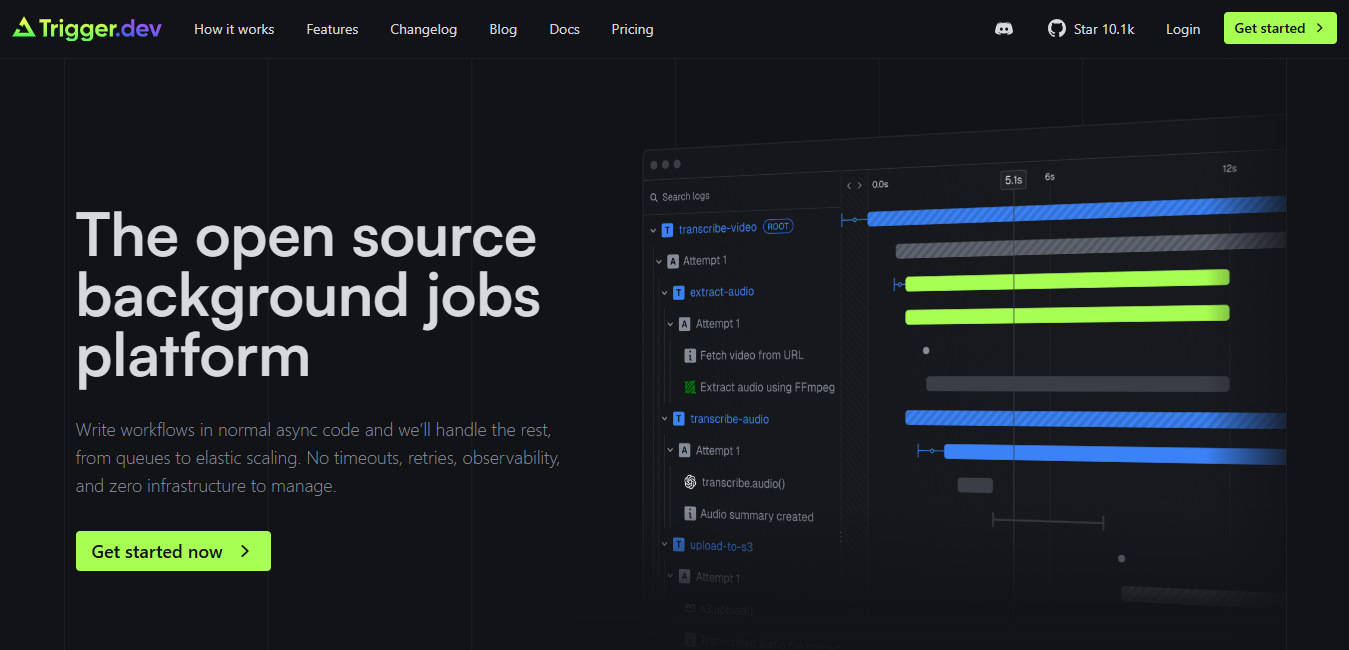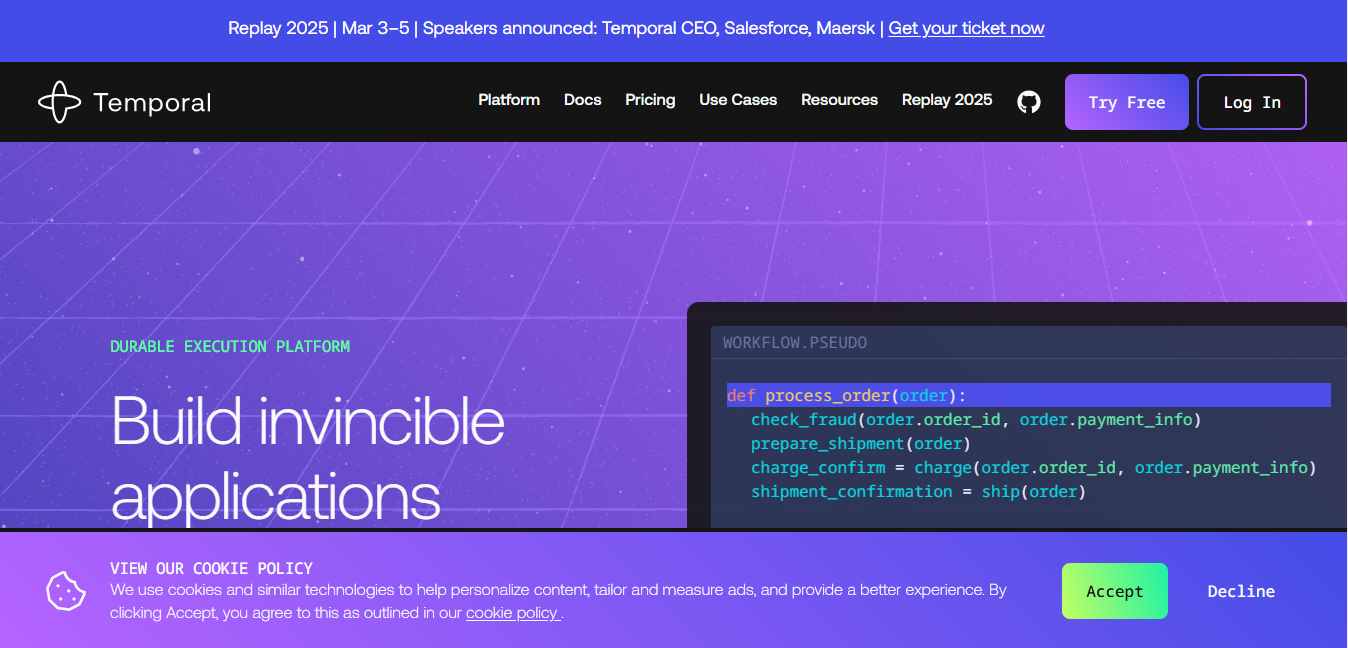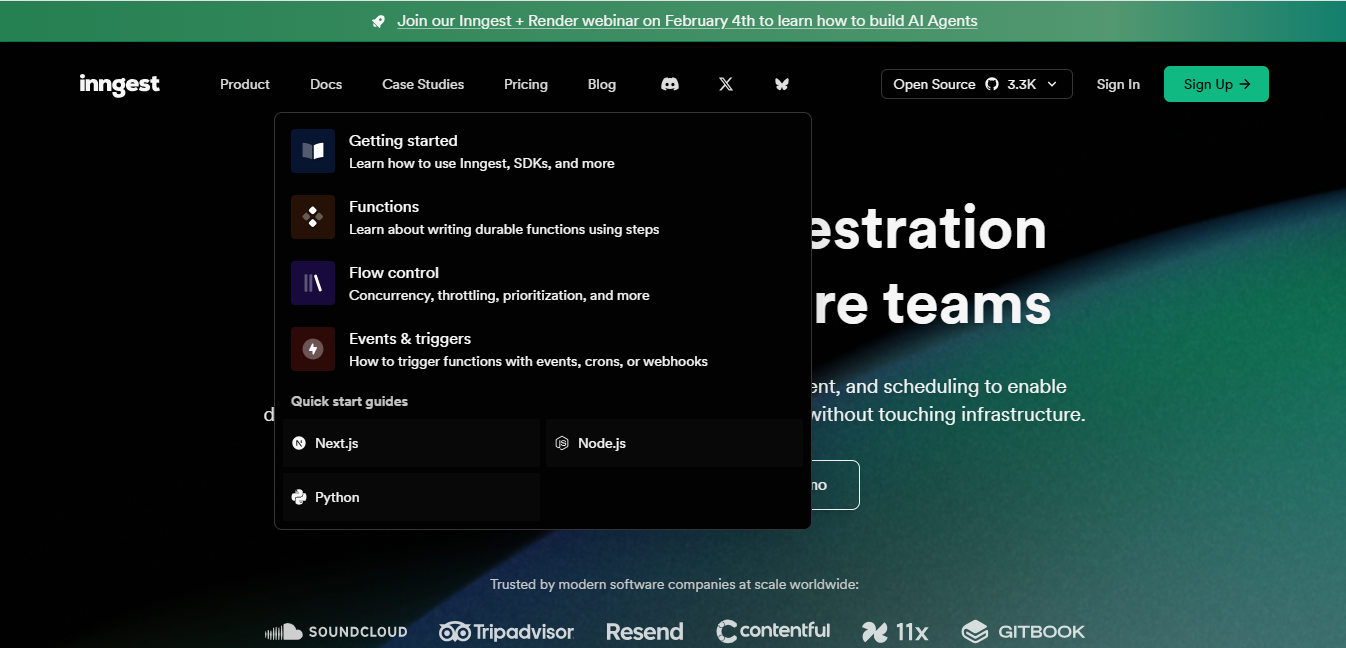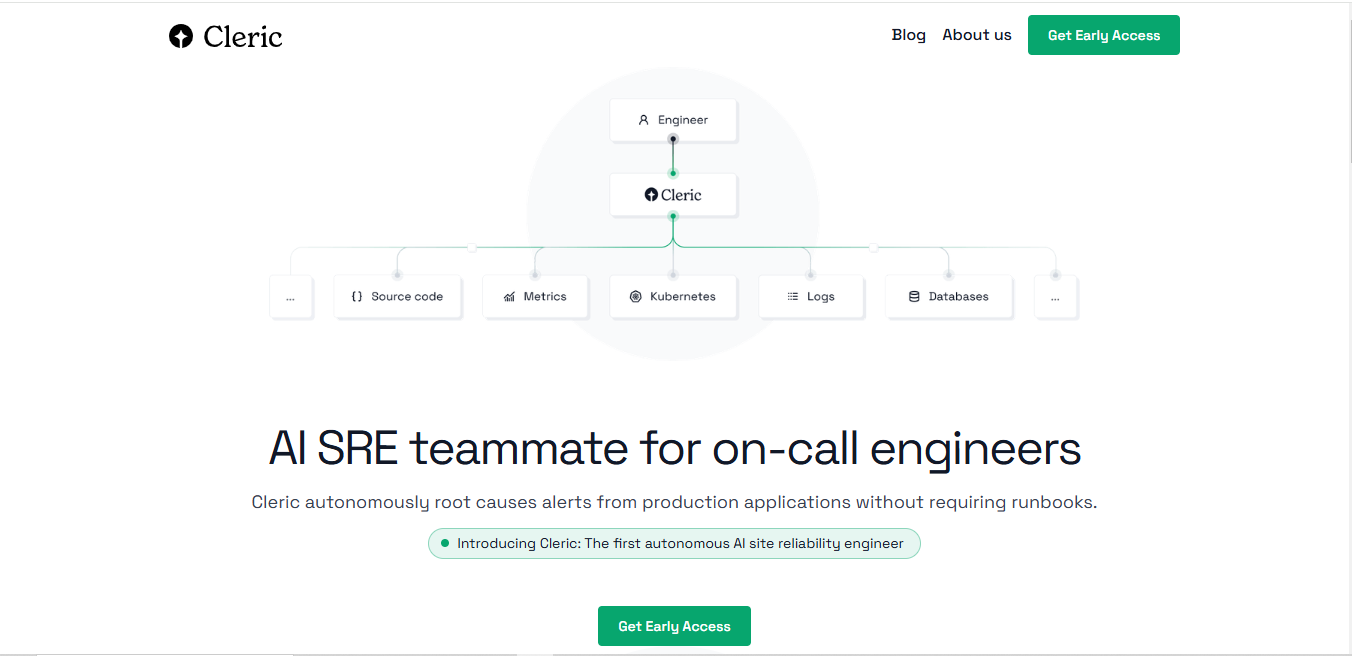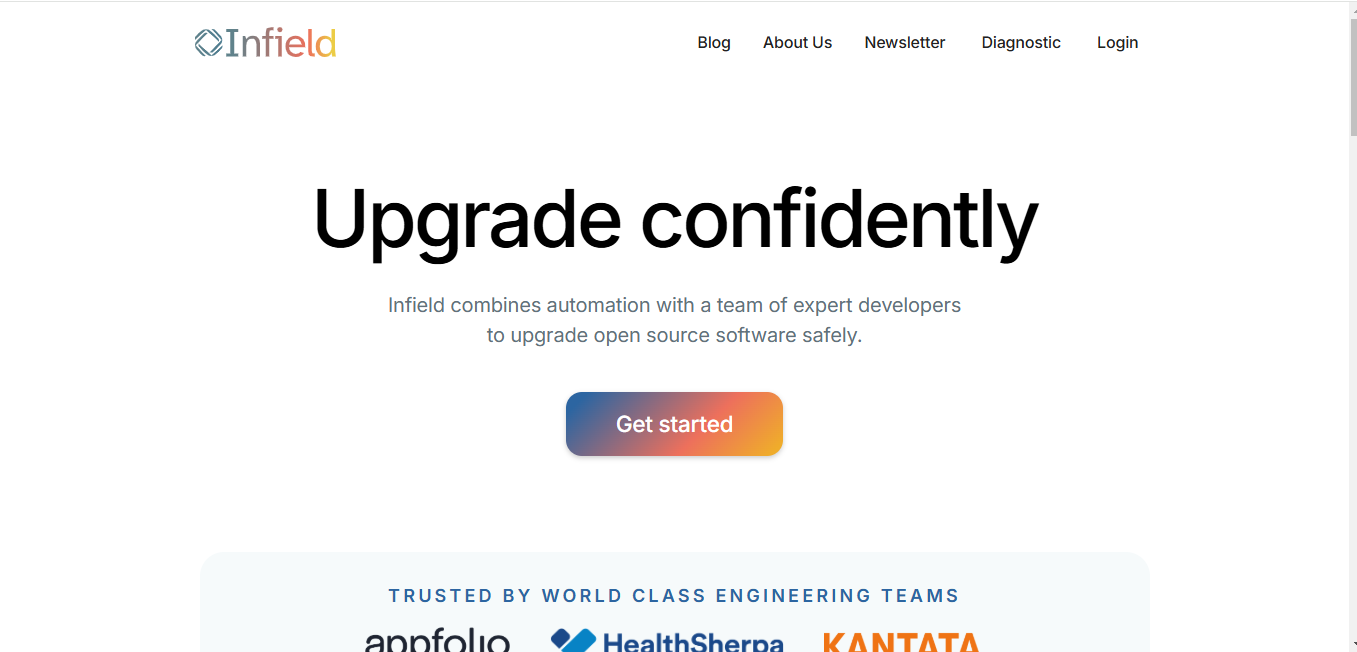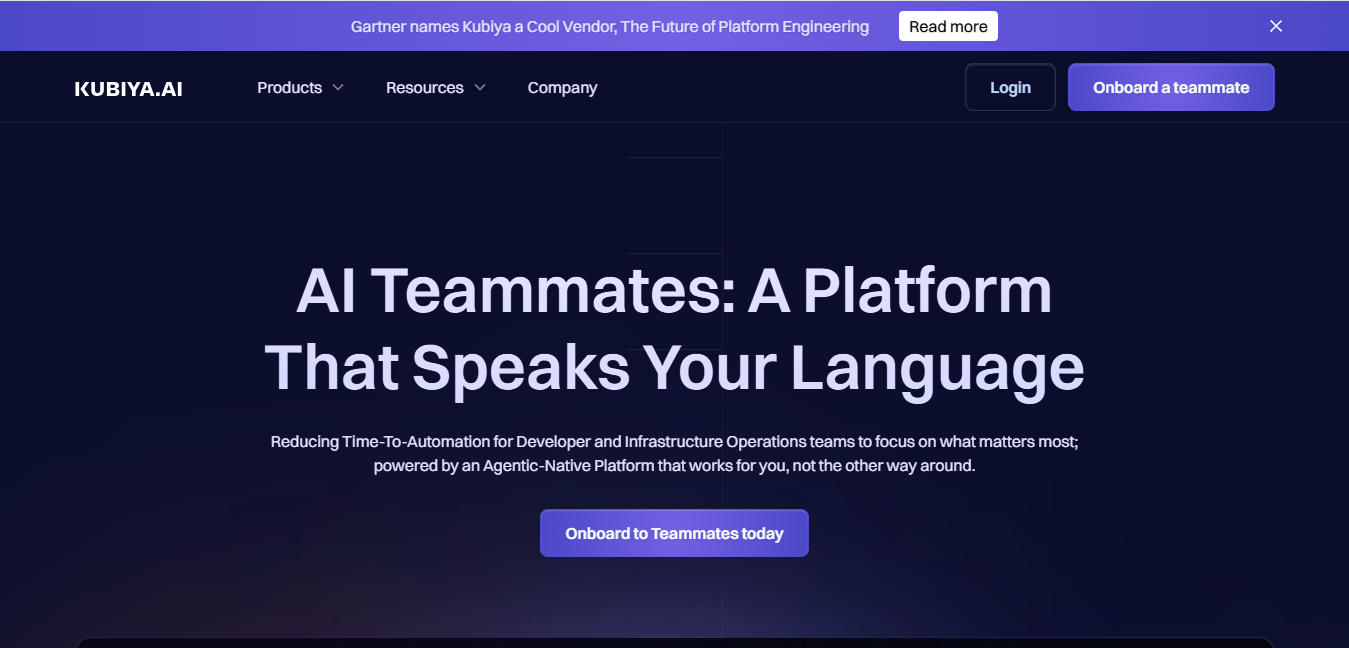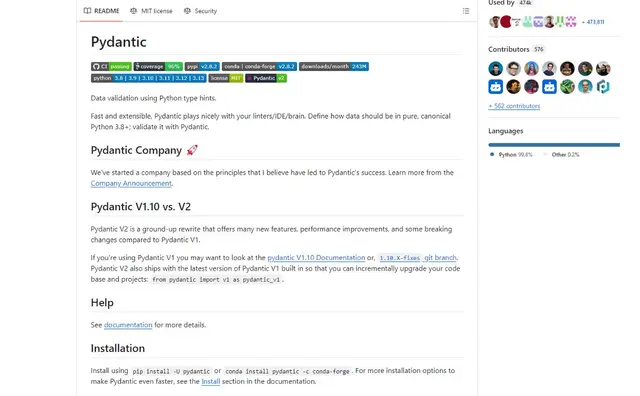
Pydantic
What is Pydantic?
Pydantic is a Python data validation library that makes data handling simple and reliable through type annotations. It automatically validates complex data structures and generates helpful error messages when validation fails.
Top Features:
- Type Validation: validates data types at runtime using Python's type hints system.
- Custom Data Types: allows creation of reusable custom data types for specific validation needs.
- JSON Schema Generation: automatically generates JSON schemas from Python models.
Pros and Cons
Pros:
- Speed: performs validation checks with minimal impact on application performance.
- Type Safety: catches data inconsistencies early in the development cycle.
- IDE Support: integrates well with popular IDEs for better code completion.
Cons:
- Learning Curve: requires understanding of Python type hints and data modeling concepts.
- Documentation Gaps: some advanced features lack detailed documentation and examples.
- Migration Challenges: updating from version 1 to version 2 requires significant code changes.
Use Cases:
- API Development: validates incoming request data and outgoing response payloads automatically.
- Configuration Management: ensures configuration files meet specified data requirements.
- Data Processing: validates and transforms data streams in ETL pipelines.
Who Can Use Pydantic?
- Backend Developers: python developers building APIs and web services.
- Data Engineers: professionals working with data transformation and validation.
- DevOps Teams: teams managing configuration and deployment scripts.
Pricing:
- Free Trial: open-source and free to use.
- Pricing Plan: no paid plans, completely free under MIT license.
Our Review Rating Score:
- Functionality and Features: 4.8/5
- User Experience (UX): 4.2/5
- Performance and Reliability: 4.7/5
- Scalability and Integration: 4.5/5
- Security and Privacy: 4.6/5
- Cost-Effectiveness and Pricing Structure: 5/5
- Customer Support and Community: 4.3/5
- Innovation and Future Proofing: 4.4/5
- Data Management and Portability: 4.6/5
- Customization and Flexibility: 4.5/5
- Overall Rating: 4.6/5
Final Verdict:
Pydantic stands out as a must-have tool for Python developers who prioritize data integrity. Its type validation system and performance make it an excellent choice for modern Python applications, despite its initial learning curve.
FAQs:
1) How does Pydantic compare to other validation libraries?
Pydantic excels in performance and type safety compared to alternatives, utilizing Python's native type hints for validation.
2) Can Pydantic handle complex nested data structures?
Yes, it efficiently validates nested objects, lists, and custom data types with clear error reporting.
3) Is Pydantic suitable for small projects?
Absolutely, its simplicity and zero configuration make it perfect for projects of any size.
4) How well does Pydantic integrate with FastAPI?
Pydantic integrates natively with FastAPI, providing automatic request/response validation and documentation.
5) What's the performance impact of using Pydantic?
Minimal impact on runtime performance due to its optimized Rust-based validator implementation.
Stay Ahead of the AI Curve
Join 76,000 subscribers mastering AI tools. Don’t miss out!
- Bookmark your favorite AI tools and keep track of top AI tools.
- Unblock premium AI tips and get AI Mastery's secrects for free.
- Receive a weekly AI newsletter with news, trending tools, and tutorials.

